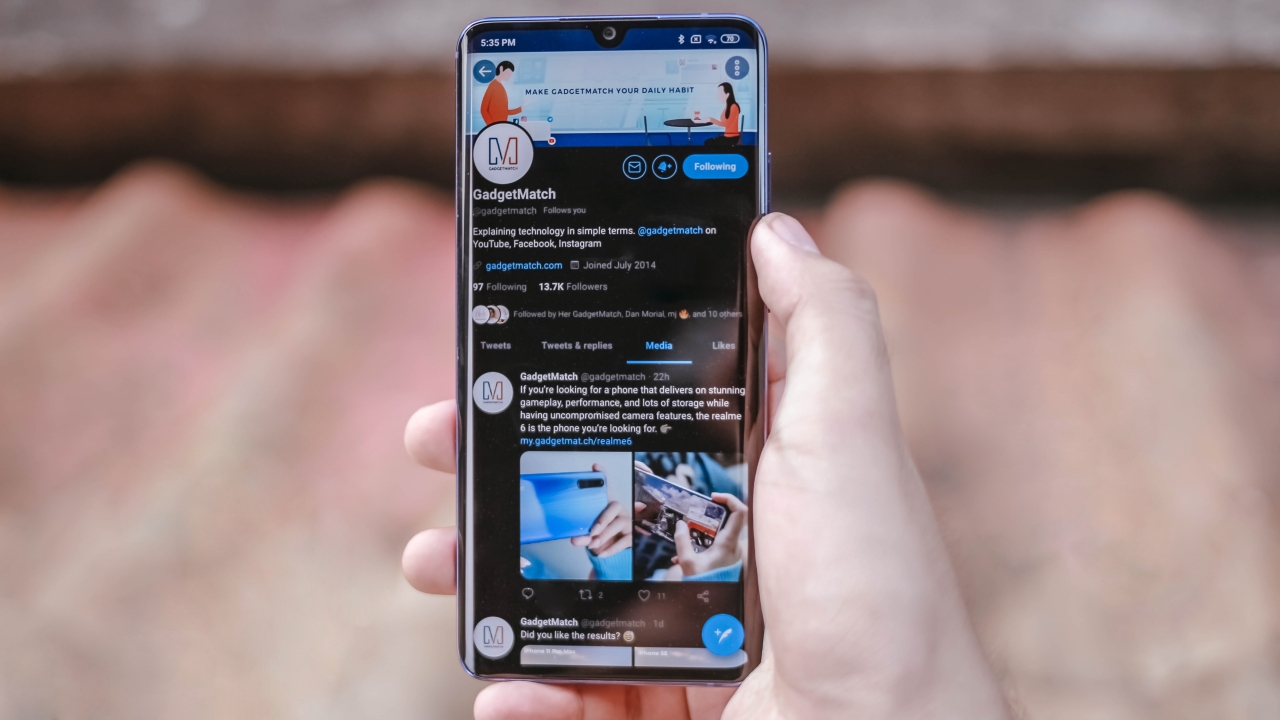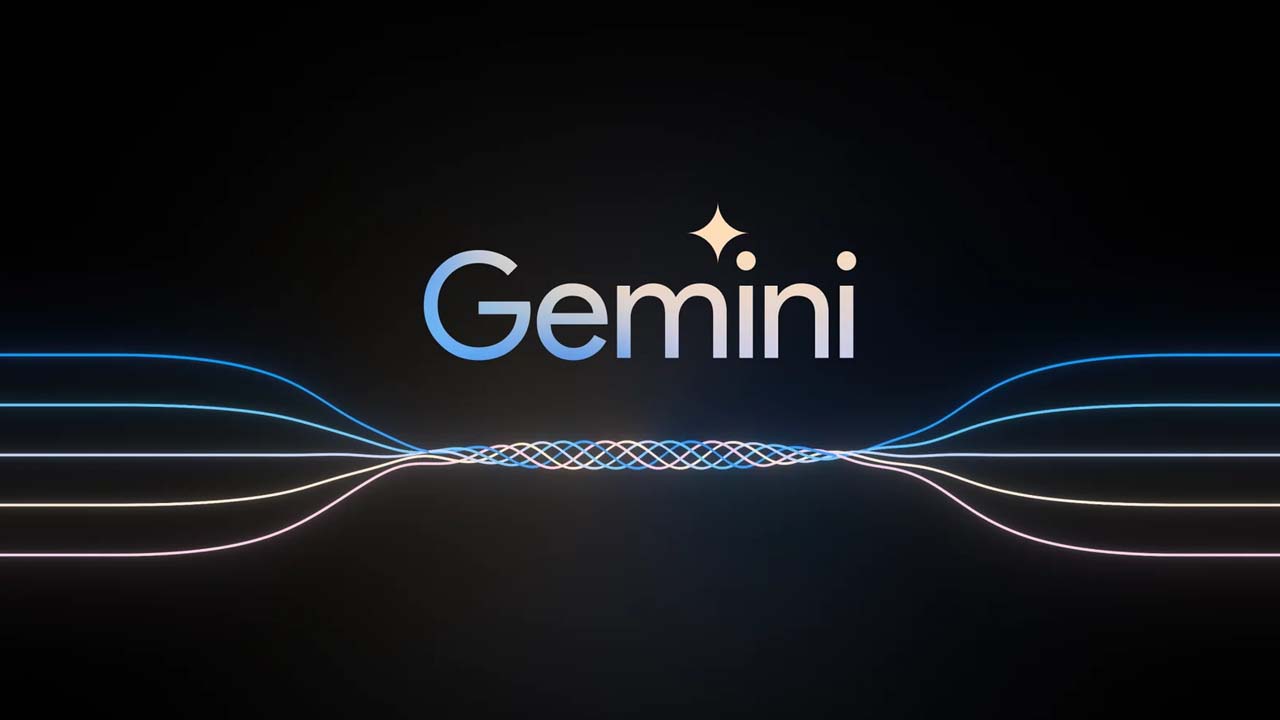Enterprise
Twitter threatens to sue Elon Musk
For backing out of buyout deal

In an enterprise environment, tables can turn very quickly, especially if you’re Elon Musk. Recently, the billionaire made the bold declaration to buy out Twitter and privatize the platform. However, the proposed deal has languished in limbo because of several issues raised by Musk. Now, Twitter has had enough of the stalling. The company has threatened to sue the billionaire for attempting to back out of the deal.
On his own Twitter account, Twitter’s current chairman Bret Taylor has tweeted that the company’s board of directors “plans to pursue legal action to enforce the merger agreement.” If Musk doesn’t push through with his side soon, he will be forced to.
The Twitter Board is committed to closing the transaction on the price and terms agreed upon with Mr. Musk and plans to pursue legal action to enforce the merger agreement. We are confident we will prevail in the Delaware Court of Chancery.
— Bret Taylor (@btaylor) July 8, 2022
Since the deal’s inception, Musk has had bones to pick with the information he was given. Namely, he expressed doubt regarding the reported number of bots present on the platform. He then called the false numbers an unfair misrepresentation of what he was going to buy. The company has since clapped back, insisting on the accuracy of the information.
The issue was more than just simple numbers, though. When the two parties started negotiating, both agreed to pay US$ 1 billion to the other if their respective side backed out of the deal.
Now, according to Twitter, Musk’s questioning is a blatant attempt to shift the blame to the company and, therefore, get out of buying Twitter or paying the US$ 1 billion fine. As a result, Twitter is seeking the help of courts in Delaware to enforce what was agreed on.
SEE ALSO: Elon Musk has bought Twitter


The ongoing trade war between the United States and China is putting a lot of companies out of business in one country. While all eyes are currently on America’s crusade against TikTok, China has launched a salvo of its own. The country has started banning AMD and Intel, starting with government devices.
Recently, as reported by the Financial Times, China has introduced a new rule that bans American chipsets and servers from government agencies. The new ban includes AMD, Intel, and Microsoft Windows.
In lieu of the now-banned brands, Chinese government agencies must use approved brands from a list of 18 Chinese manufacturers. Unsurprisingly, the list includes Huawei, another brand involved in the ongoing trade war. (Huawei is still banned on American soil.)
As with bans from America, China’s latest rules stem from a desire to implement national security. Both countries allege that using brands from the opposing side will open a potential avenue for transferring classified information.
Currently, the ban against the American chipsets are only affecting government devices. However, if it follows the same trajectory as Huawei and TikTok in the United States, a government-only ban might soon lead to an all-out ban on consumer devices. As TikTok is currently hanging in the balance, it’s unlikely that the trade wars will cool down anytime soon.

So far, Apple’s greatest enemy has been the European Union. Months and months of claiming that the company engages in anti-competitive practices, the region has successfully caused Apple to drastically change a lot of things about the iPhone including the Lightning cable. Now, a new challenger wants Apple to answer for its supposed grip on the industry: the United States government.
Today, the Department of Justice is officially suing Apple for supposedly monopolizing the smartphone industry and stifling competition. The lawsuit alleges that Apple’s lineup of products prevent users from trying out other brands. For example, Apple limits how well a third-party smartwatch works on an iPhone, pushing users to go for an Apple Watch instead.
The lawsuit also includes an important pain point in Apple’s fight in Europe. It says that the company makes it difficult for iPhone users to communicate with Android users (and vice versa). Late last year, the company already committed to supporting RCS as a messaging standard, finally easing communication between the two systems. Their adoption has yet to arrive, though.
Though not as stringent as Europe, the American government is no slouch when it comes to questioning its own companies for pursuing anti-competitive practices. In the past, it went through Google and Spotify to protect the interests of its citizens. The lawsuit against Apple is no different, gathering signatures from sixteen states.
For Apple’s part, the company aims to get the case dismissed, alleging the lawsuit’s unfair scope of just the American people when it targets the entire world.
SEE ALSO: Apple opens first Developer Center in Southeast Asia

With how technology is these days, it’s no surprise that the next big thing is always just over the horizon. However, these developments often happen year after year. Today, artificial intelligence is strapping a rocket to this already fast trend. Only a few months since the launch of Gemini, Google has already launched its successor, Gemini 1.5.
Launched only recently, Gemini is a marvel in itself. Prior to the model, Google was already a force in the AI world with Bard. Gemini takes the former model and improves an already impressive service. Currently, users — both in business and for personal use — can subscribe to the service.
Today, Google has confirmed that Gemini 1.5 is official. The company is touting how much more impressive the new version is, compared to its predecessor. For one, Gemini 1.5 Pro is just as powerful as the current Gemini Ultra, beating the latter on 87 percent of tests. The new version is reportedly more efficient in allocating only the necessary resources for queries, rather than the entire model.
Despite allocating resources, Gemini 1.5 can handle a million tokens at a time. For reference, Gemini Pro can only handle 32,000 tokens at a time. Basically, the new version can parse through a humungous chunk of data all at once without batting a digital eye. (Google is claiming that capabilities for 10 million tokens is nearing, too.)
If you want to see what a million tokens in the palm of your hand feels like, Gemini 1.5 is already available for developers and business users. However, a wider rollout is still coming soon.
-

 Accessories2 weeks ago
Accessories2 weeks agoApple Vision Pro Review: Two Months Later
-

 Features4 days ago
Features4 days agoFortify your home office or business setup with these devices
-

 Gaming1 week ago
Gaming1 week agoThe Rogue Prince of Persia looks like an ultra-colorful roguelite
-

 Deals2 weeks ago
Deals2 weeks agoSamsung Awesome April: Deals on Galaxy A series
-

 Philippines2 weeks ago
Philippines2 weeks agovivo Y100 to release in Philippines on April 27
-

 Gaming1 week ago
Gaming1 week agoStar Wars Outlaws release date revealed
-

 Accessories7 days ago
Accessories7 days agoLogitech unveils G Pro X 60 gaming keyboard: Price, details
-

 Deals7 days ago
Deals7 days agoTCL P635 TV: Big savings for TCL’s anniversary
























